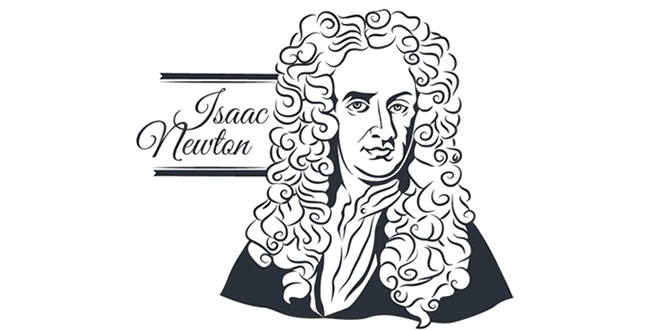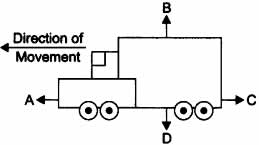Question: Define force.
Answer: It is a push or pull on an object that produces acceleration in the body on which it acts.
Question: What is S.I. unit of force?
Answer: S.I. unit of force is Newton.
Question: Define one Newton.
Answer: A force of one Newton produces an acceleration of 1 m/s2 on an object of mass 1 kg. 1 N = 1 kg m/s2
Question: What is balanced force?
Answer: When forces acting on a body from the opposite direction do not change the state of rest or of motion of an object, such forces are called balanced forces.
Question: What is frictional force?
Answer: The force that always opposes the motion of object is called force of friction.
Question: What is inertia?
Answer: The natural tendency of an object to resist a change in their state of rest or of uniform motion is called inertia.
Question: State Newton’s first law of motion.
Answer: An object remains in a state of rest or of uniform motion in a straight line unless acted upon by an external unbalanced force.
Question: State Newton’s second law of motion.
Answer: The rate of change of momentum of an object is proportional to the applied unbalanced force in the direction of the force.
Question: What is momentum?
Answer: The momentum of an object is the product of its mass and velocity and has the same direction as that of the velocity. The S. I. unit is kg m/s. (p = mv)
Question: State Newton’s III law of motion.
Answer: To every action, there is an equal and opposite reaction and they act on two different bodies.
Question: Which will have more inertia a body of mass 10 kg or a body of mass 20 kg?
Answer: A body of mass 20 kg will have more inertia.
Question: Name the factor on which the inertia of the body depends.
Answer: Inertia of a body depends upon the mass of the body.
Question: Name two factors which determine the momentum of a body.
Answer: Two factors on which momentum of a body depend is mass and velocity. Momentum is directly proportional to the mass and velocity of the body.
Question: What decides the rate of change of momentum of an object?
Answer: The rate of change of momentum of an object is proportional to the applied unbalanced force in the direction of force.
Question: The diagram shows a moving truck. Forces A, B, C and D are acting on the truck. Name the type of forces acting on a truck.
Answer: The forces A, B, C and D acting on the truck are:
A → driving force
B → reacting force
C → frictional force
D → weight/gravitational force
 Class Notes NCERT Solutions for CBSE Students
Class Notes NCERT Solutions for CBSE Students




